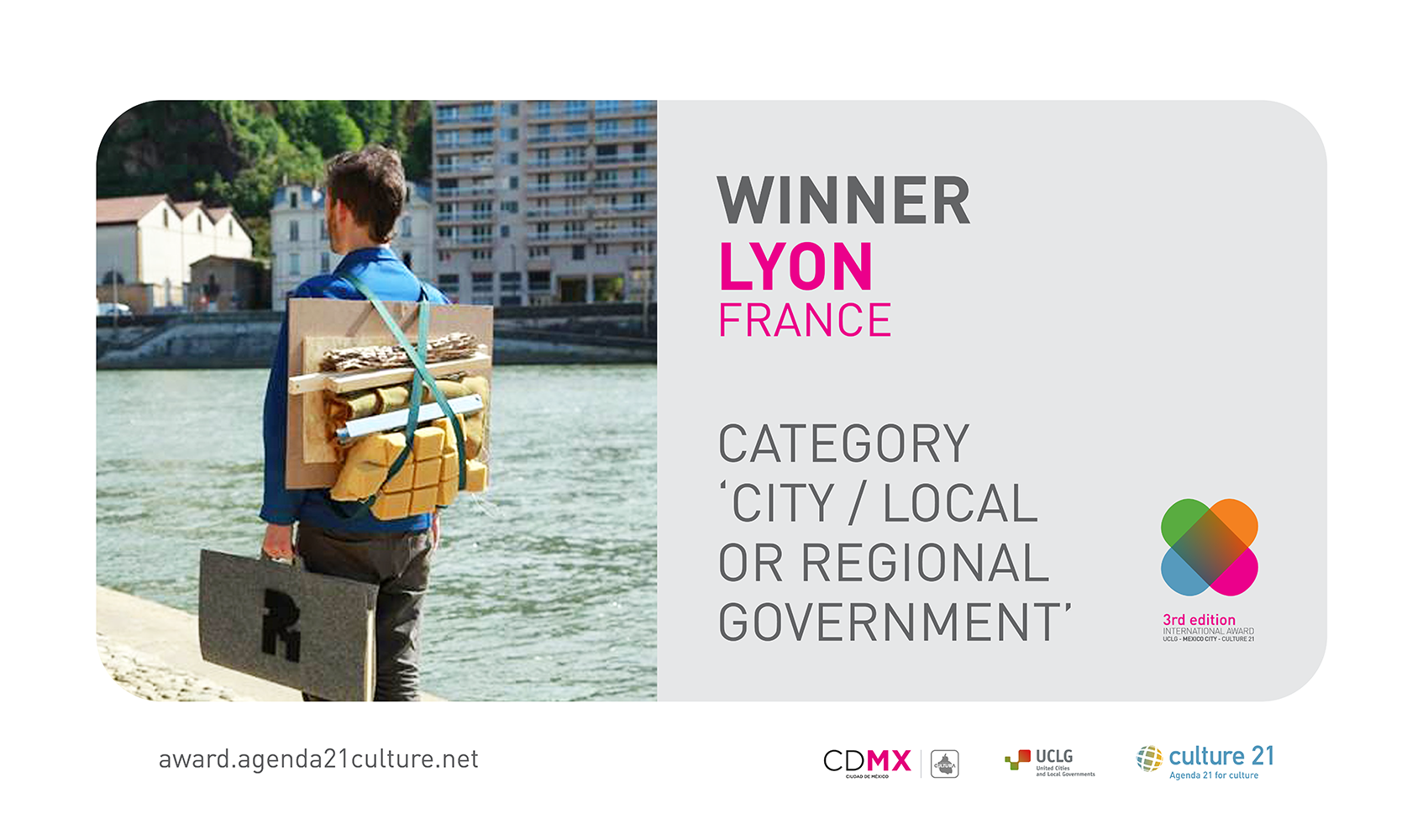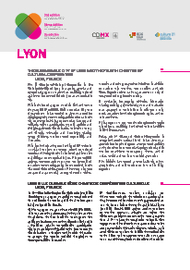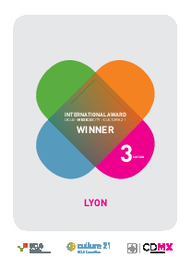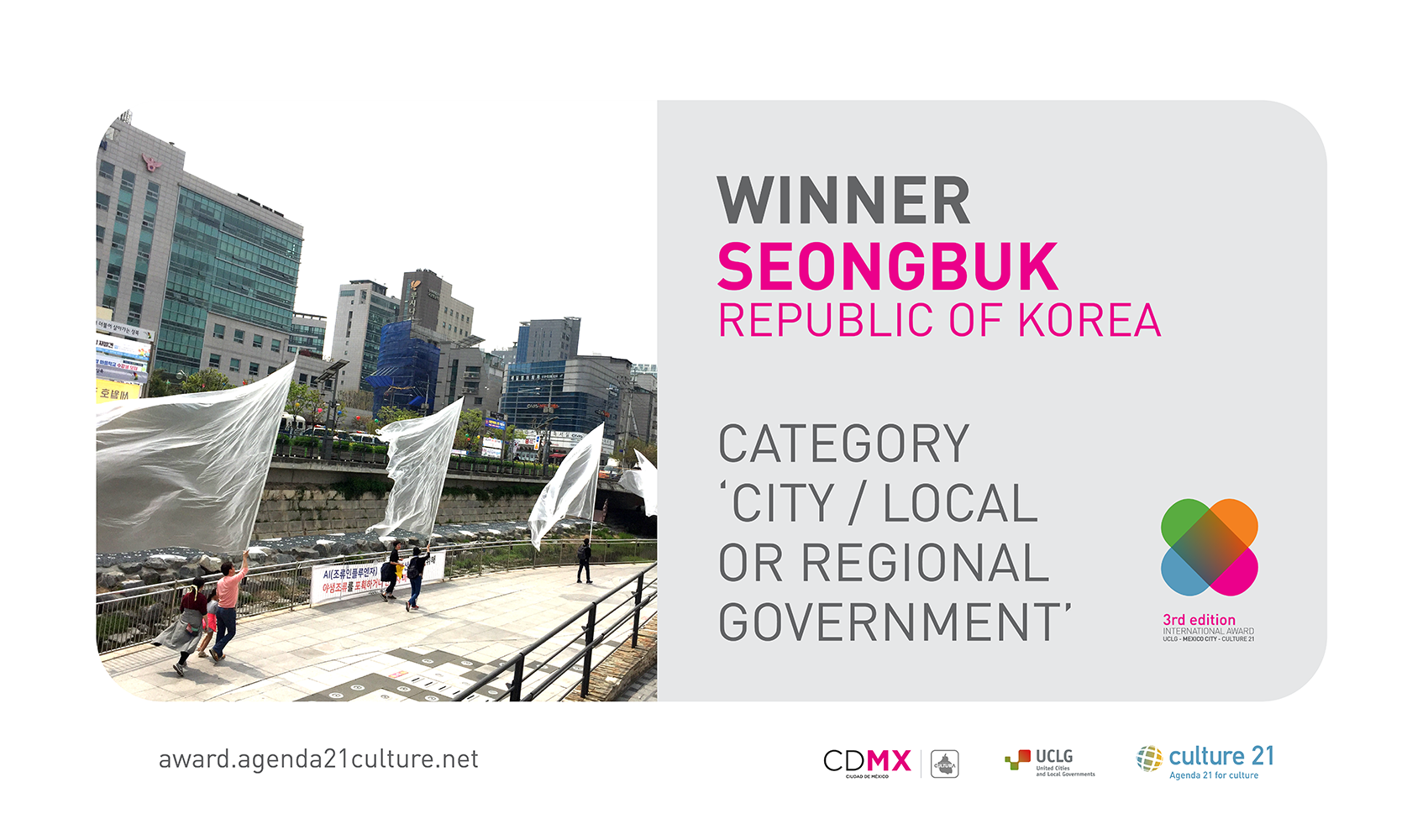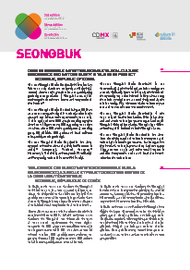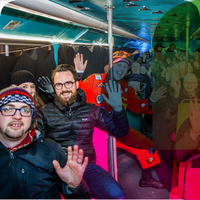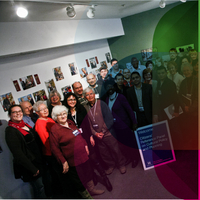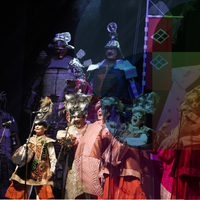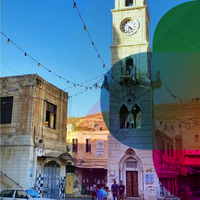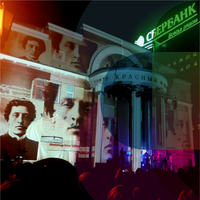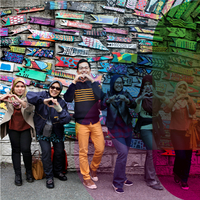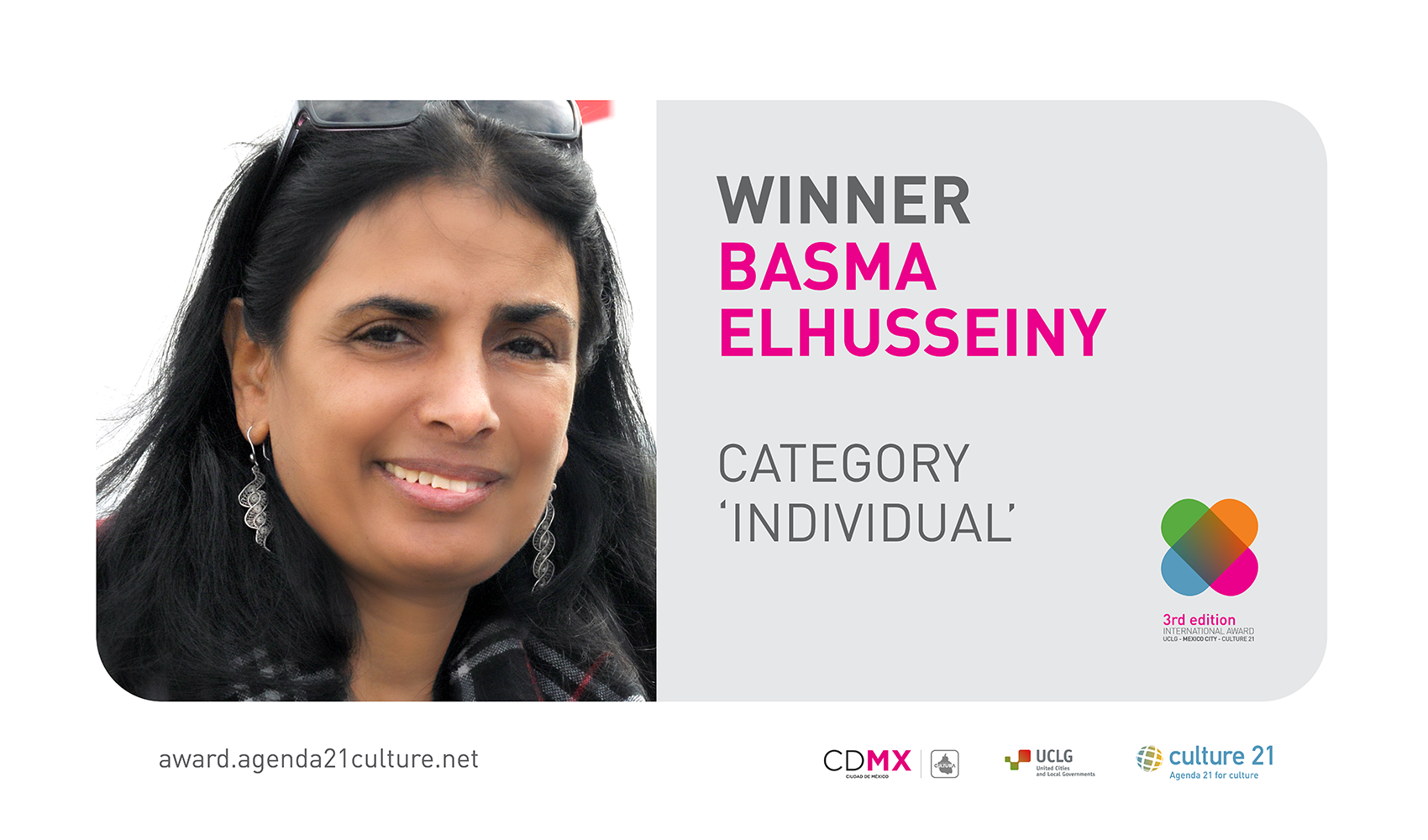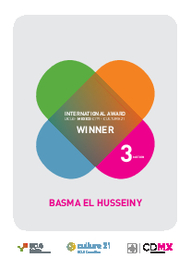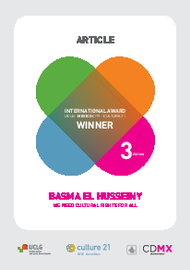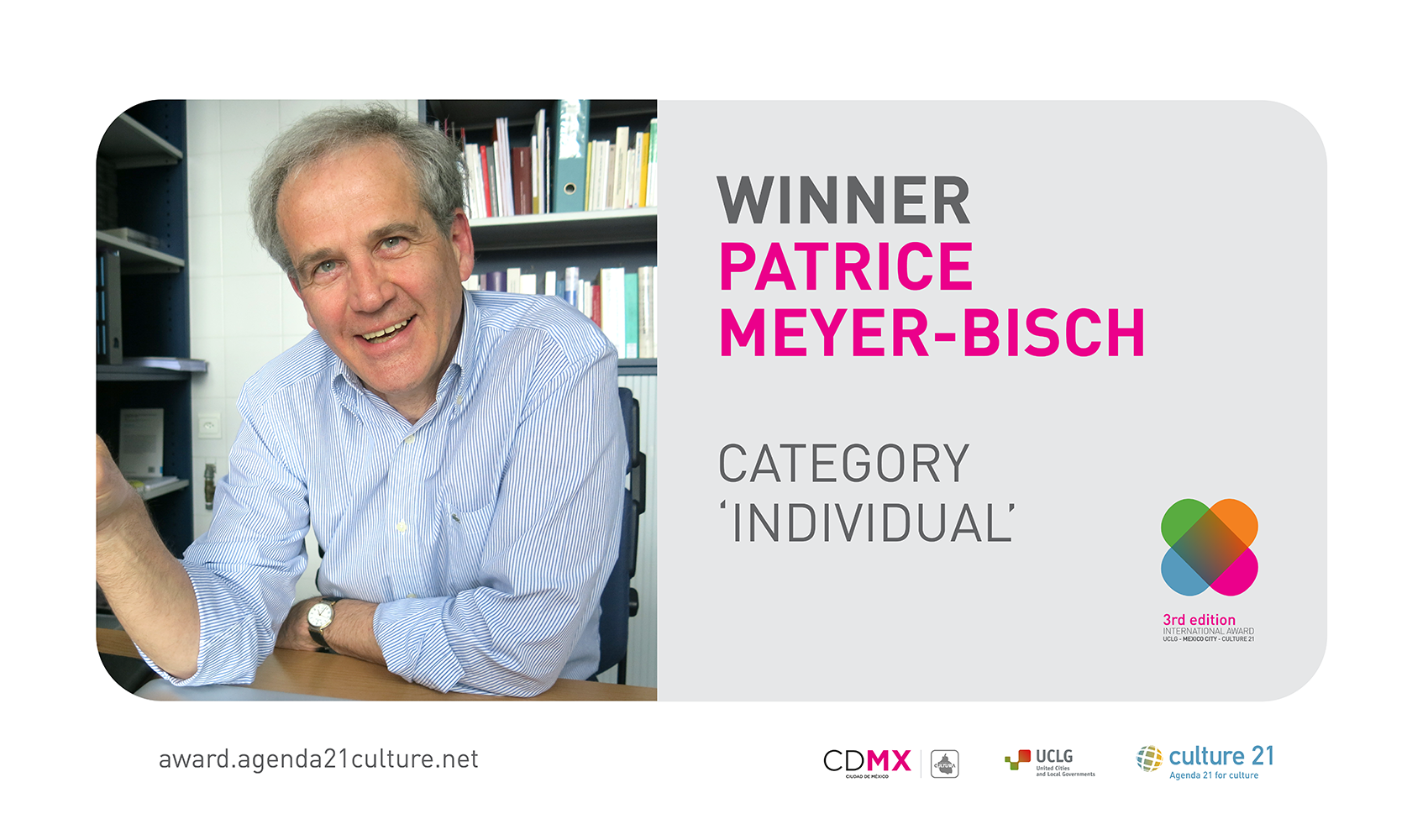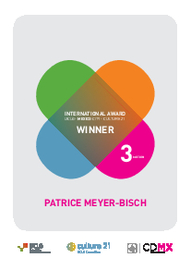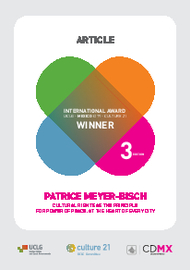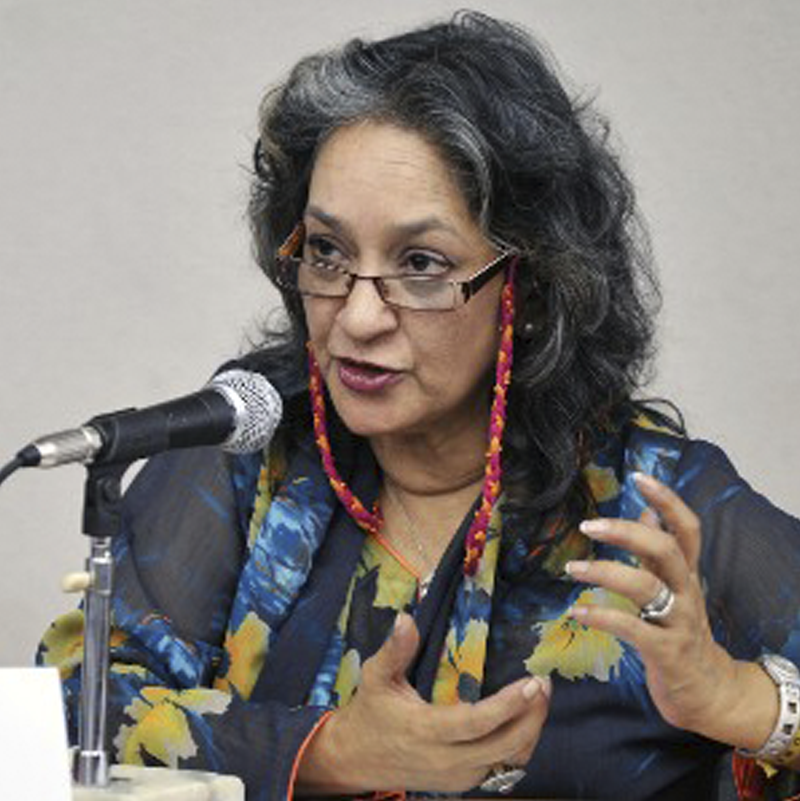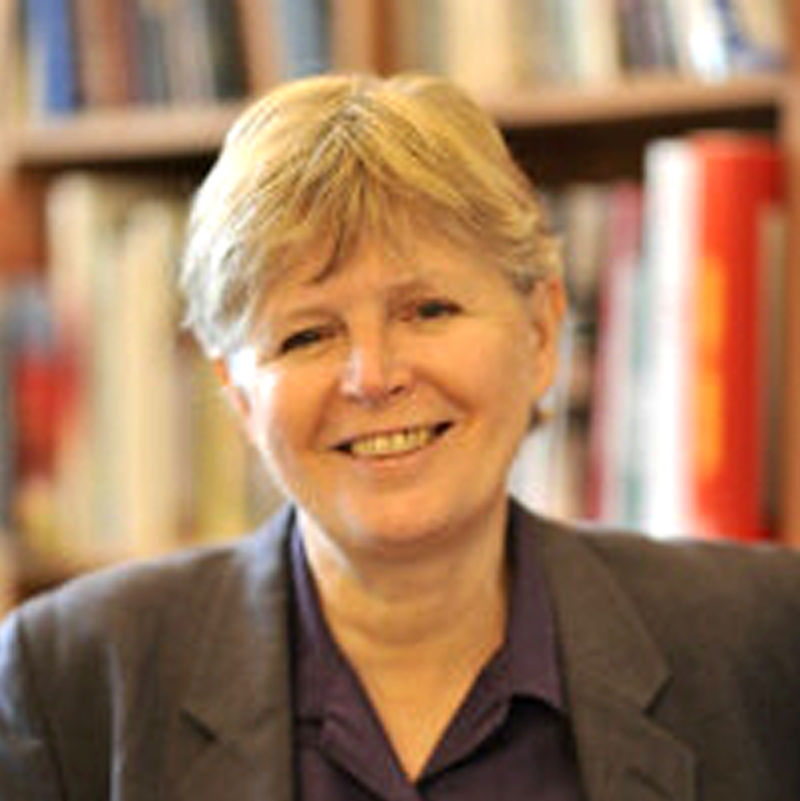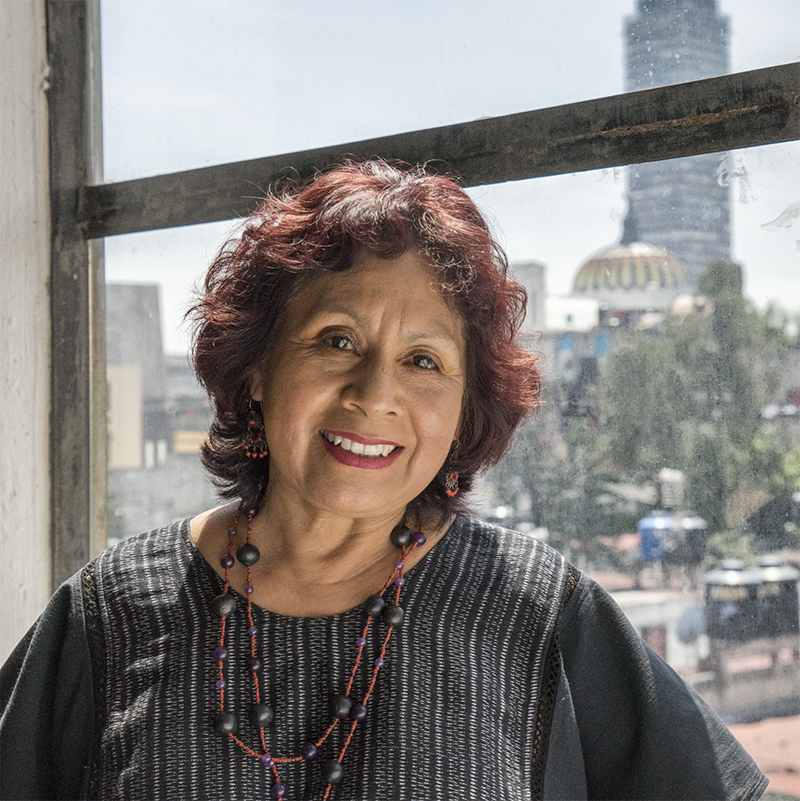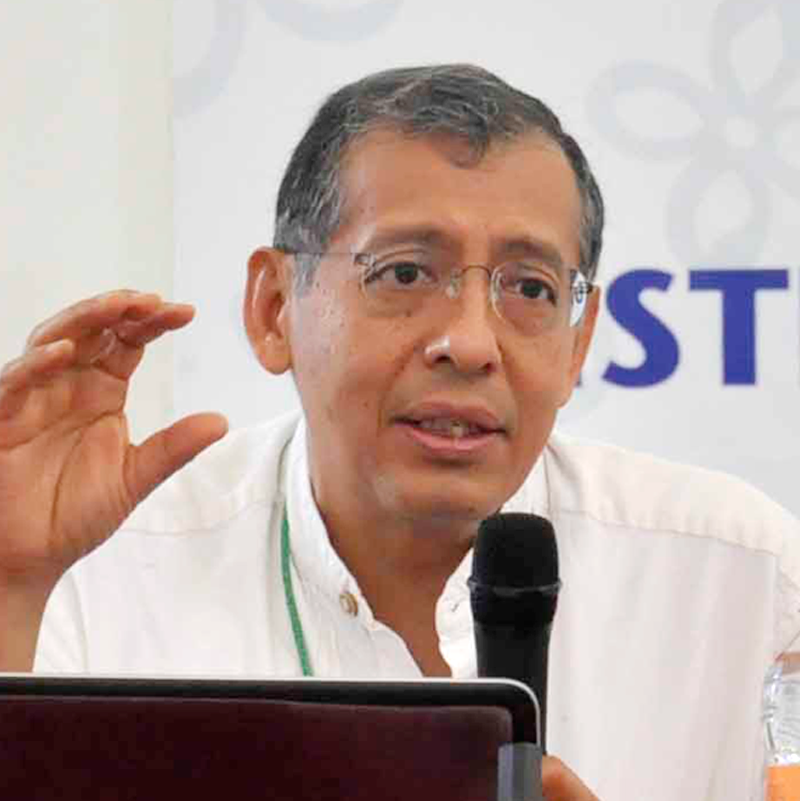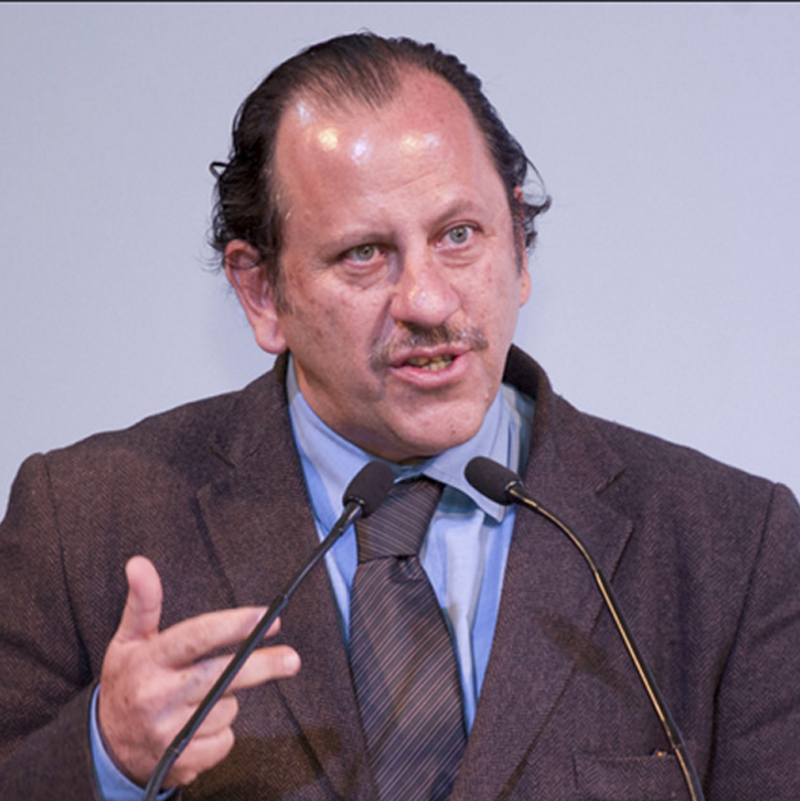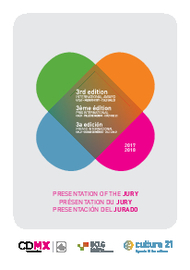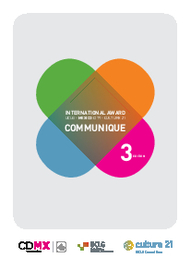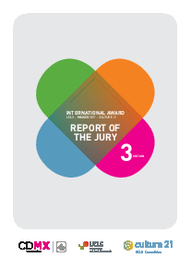The objective of the International Award 'UCLG – MEXICO CITY – Culture 21' is, to recognise leading cities and individuals that have distinguished themselves through their contribution to culture as a key dimension in sustainable cities.
The International Award 'UCLG – MEXICO CITY – Culture 21' has two categories: the City / Local or Regional Government Award, which recognises a city, local or regional government the cultural policy of which has contributed significantly to linking the values of culture (heritage, diversity, creativity and transmission of knowledge) with democratic governance, citizen participation and sustainable development, and the Individual Award, which recognises an internationally renowned individual who has made a fundamental contribution to the relationship between culture and sustainable development.
The Rules of the International Award 'UCLG – MEXICO CITY – Culture 21' are available in English, French, Spanish, and Russian.

